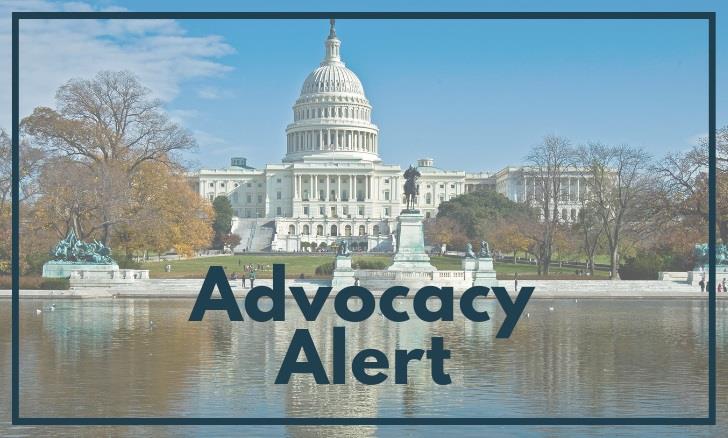
Recreational boating industry decries advancement of vessel speed rule
by National Marine Manufacturers Association 7 Mar 2024 16:27 PST

Advocacy Alert © National Marine Manufacturers Association
Yesterday, the NMMA expressed disappointment with the decision by the Department of Commerce to advance the North Atlantic right whale (NARW) Vessel Strike Reduction Rule to the Office of Management and Budget (OMB). Proposed by NOAA, the rule would restrict small boats to 10 knots (roughly 11 mph) along much of the Eastern Seaboard for multiple months out of the year, which will significantly hurt U.S. coastal economies and the small businesses that make up the recreational boating industry.
This rule could put more than 810,000 American jobs and nearly $230 billion in economic contributions in jeopardy. More than 95 percent of boats sold in the U.S. are made in the U.S., and approximately 93 percent of boat manufacturers are small business owners. Many coastal economies are built on recreational boating, fishing trips, and the hospitality industry that require access to the ocean, and this rule would create ripple effects throughout these economies.
"We are extremely disappointed and alarmed to see this economically catastrophic and deeply flawed rule proceed to these final stages," said Frank Hugelmeyer, President and CEO of the National Marine Manufacturers Association (NMMA). "The proposed rule is based on incorrect assumptions and questionable data, and fails to distinguish between large, ocean-crossing vessels and small recreational boats, which could not be more different from each other. Most concerning, the proposed rule ignores the advanced marine technologies available now that can better protect the North Atlantic right whale and prevent vessel strikes. Bottom line, the rule's many blind spots spell dire consequences for boater safety and accessibility, the economic vitality of coastal communities and marine manufacturers, and the livelihoods of countless supporting small businesses, all while undermining years of progress in marine conservation. We strongly urge the Administration to withdraw this rule and consider the technological solutions for which we have been advocating since 2022, which promise protections for the right whale, economy, and boaters."
Continue reading the full article here...